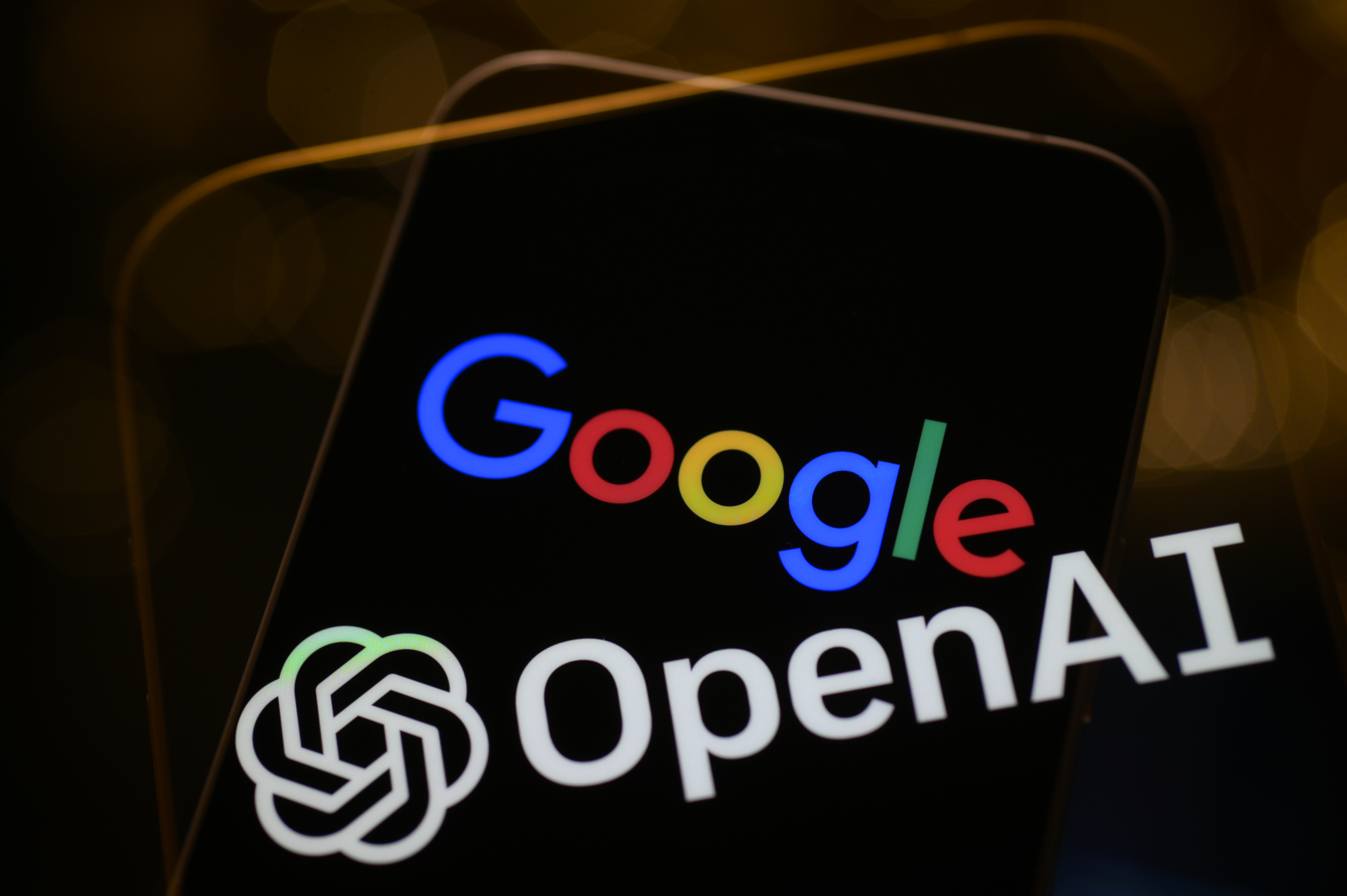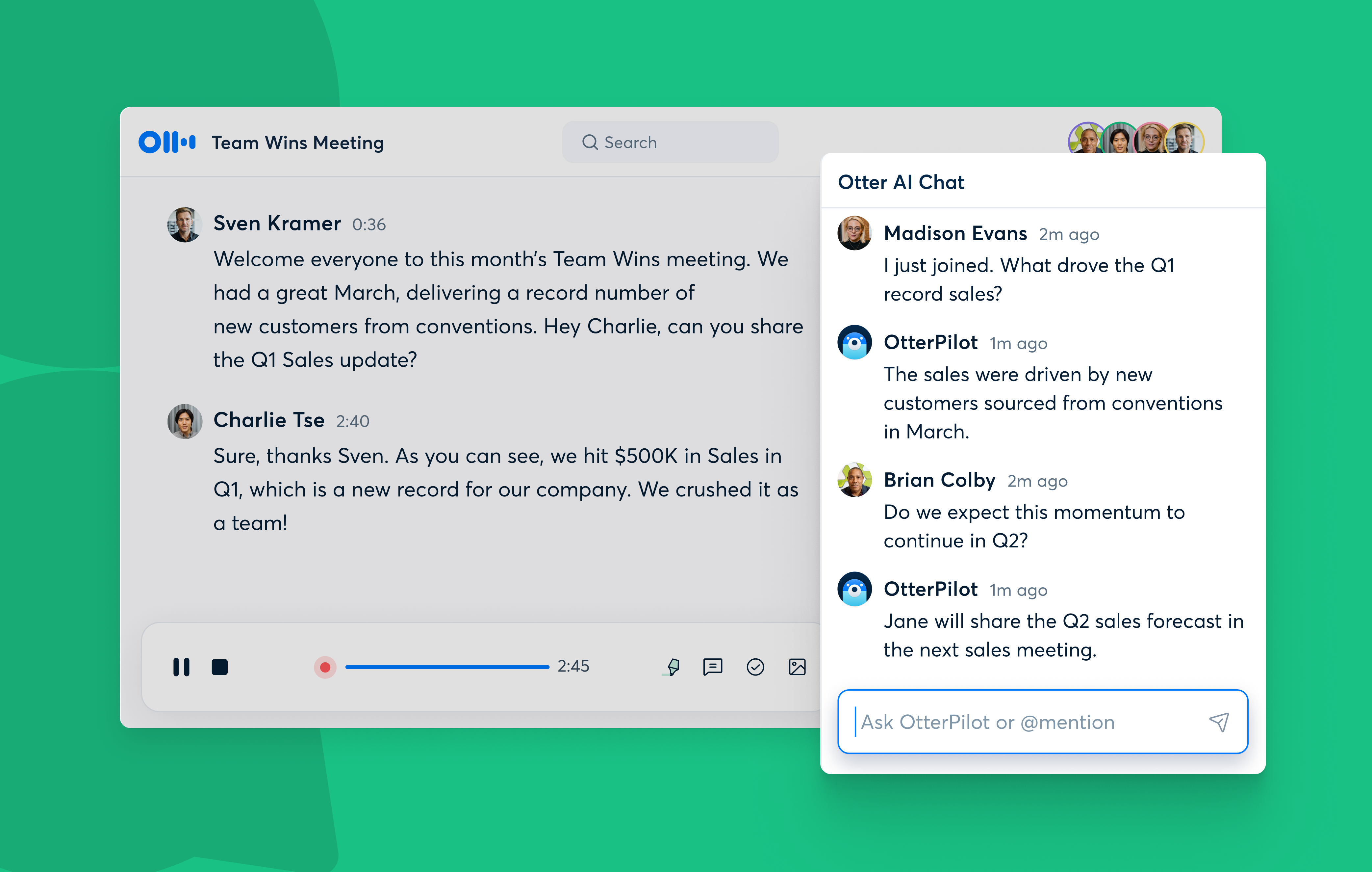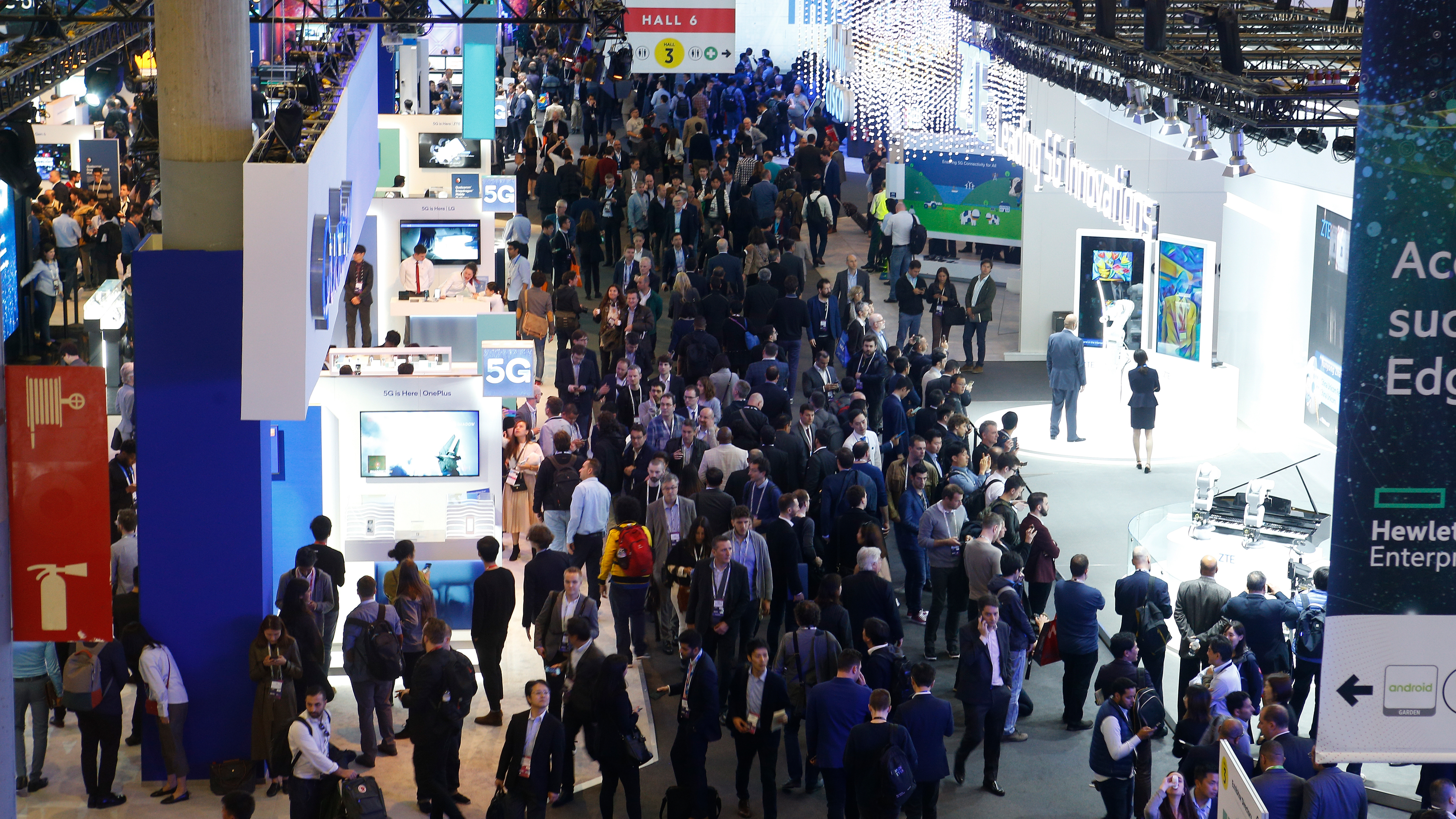Generative AI has left the metaverse in the dust
Generative AI demonstrating tonnes of business use cases only serves to highlight the hopelessness of the metaverse


There’s a technology that will change the face of business forever. It’s received billions in investment from some of the world's largest tech firms and is the realisation of a concept long touted in science fiction novels. It is, of course, artificial intelligence (AI) – but two years ago, you could be forgiven for believing the described innovation was the metaverse.
The so-called ‘metaverse’ was, for a time, hailed as one of the most exciting and valuable tools for businesses in the near future. Organisations were told to prepare for virtual meeting environments and, with the rise of remote work during the pandemic, it seemed like a natural progression of sorts. But the modern father of the metaverse, Mark Zuckerberg, has now reportedly abandoned his child, telling executives to find ways to pivot to the fledgling generative AI instead.
Has generative AI killed the metaverse dream?
The main failure of delivering metaverse tech has been the lack of a cohesive vision. Demo after demo has come and gone, with businesses none the wiser for how they seek to benefit from virtual reality (VR) meetings or poorly-rendered virtual environments. Hands-on experiences have been underwhelming rather than revolutionary.
Many businesses have only recently bought into full-time video conferencing, settled into Google Workspace or Microsoft 365, and embraced productivity apps with which they’re comfortable. Many businesses are also keen to revert back to life before hybrid work, jaded by videoconferencing and productivity paranoia. To expect organisations to adopt clunky VR headsets or mocap suits, c-suites will need a lot more than a Second Life reboot.
The rise and fall of the metaverse can be compared with the blockchain hype cycle. Many companies sought to implement the blockchain into workflows despite it serving little material benefit. Others were unconvinced by vague promises of more secure storage; after all, why should a company with a secure, efficient database system rip all that up to store data on a new solution just because it’s trending?
This isn’t to say generative AI has its value locked in – far from it. Consider the fact the meteoric rise of generative AI has been anything but. Speak to an expert on the subject and they'll say the popularity of large language models (LLMs) results from decades of research.
Although 'AI' has long been associated with the furthest capabilities of technology, generative AI has been the remit of academics for almost its whole conceptual existence. OpenAI and others controlled the conversation for years but failed to make waves. Tweaks to GPT-3 to remove its dangerous tendencies went some way to proving the technology’s worth, but only with the public release of ChatGPT did the technology really turn heads.
Sign up today and you will receive a free copy of our Future Focus 2025 report - the leading guidance on AI, cybersecurity and other IT challenges as per 700+ senior executives
Hot off the heels of a successful DALL·E 2 launch, OpenAI launched the chatbot at exactly the right time to grab public attention. With a captive audience eager to share use cases online, OpenAI could sit back and enjoy the conversation flourish online, with people using ChatGPT in a variety of innovative ways. GPT-4 is now taking it to another level.
Generative AI is everything the metaverse wasn’t
Meta, which rebranded in anticipation of the glorious arrival of metaverse demand, has bet on the wrong horse. Its financial performance towards the end of 2022 has already spooked investors, and Meta’s since engaged in a series of widespread layoffs in the wake of what it dubbed poor planning. The firm sank $15 billion into metaverse R&D, with Zuckerberg reportedly pushing for a sharp increase in spending. Reality Labs, Meta’s mixed reality spin-off, became almost solely focused on fulfilling the vision for building out Horizon Worlds. Now, reports suggest, the metaverse dream has come crashing down, with Zuckerberg reorienting the company towards generative AI.
But Meta faces stiff competition in this market, with the likes of Google’s Bard and ChatGPT already miles ahead, offering businesses good user experiences and hyperscaler accessibility. Meta did release its own LLM, a 7 to 65 billion parameter model named LLaMA. But soon after its limited release, the model leaked online and could be irrevocably stored on Bitcoin for anyone to access.
While it seems too late for Meta to be at the forefront of generative AI, it could still carve out small successes. For example, the recently-released Segment Anything Model (SAM) can pick objects out of images and videos for computer vision or augmented reality (AR).
In a recent episode of the ITPro Podcast, too, it was suggested the job title ‘chief metaverse officer’ could be a sign the metaverse is entering the next stage of the hype cycle. As with Google Glass or Microsoft’s HoloLens, there might be some compelling niche industrial use cases for the metaverse, such as powering the next generation of digital twins. It’d make sense that select companies appoint an executive to oversee this.
Nevertheless, the metaverse was never destined for the widespread adoption or investment that AI models now enjoy. Generative AI has lived up to every promise the metaverse was desperate to make, and it’s right the former has won out in the war of public perception.

Rory Bathgate is Features and Multimedia Editor at ITPro, overseeing all in-depth content and case studies. He can also be found co-hosting the ITPro Podcast with Jane McCallion, swapping a keyboard for a microphone to discuss the latest learnings with thought leaders from across the tech sector.
In his free time, Rory enjoys photography, video editing, and good science fiction. After graduating from the University of Kent with a BA in English and American Literature, Rory undertook an MA in Eighteenth-Century Studies at King’s College London. He joined ITPro in 2022 as a graduate, following four years in student journalism. You can contact Rory at rory.bathgate@futurenet.com or on LinkedIn.
-
 Redefining resilience: Why MSP security must evolve to stay ahead
Redefining resilience: Why MSP security must evolve to stay aheadIndustry Insights Basic endpoint protection is no more, but that leads to many opportunities for MSPs...
-
 Microsoft unveils Maia 200 accelerator, claiming better performance per dollar than Amazon and Google
Microsoft unveils Maia 200 accelerator, claiming better performance per dollar than Amazon and GoogleNews The launch of Microsoft’s second-generation silicon solidifies its mission to scale AI workloads and directly control more of its infrastructure
-
 Big Tech AI alliance has ‘almost zero’ chance of achieving goals, expert says
Big Tech AI alliance has ‘almost zero’ chance of achieving goals, expert saysNews Companies like Microsoft, Google, and OpenAI all have competing objectives and approaches to openness, making true private-sector collaboration a serious challenge
-
 Otter.ai brings collaborative AI to meetings with Otter AI Chat
Otter.ai brings collaborative AI to meetings with Otter AI ChatNews The speech-to-text giant has set its sights on contextual AI
-
 Slack says automation can save every employee a month of work per year
Slack says automation can save every employee a month of work per yearNews Research from Slack found that workers believe generative AI tools will revolutionize productivity
-
 Meta's earnings are 'cause for concern' and 2023 looks even bleaker
Meta's earnings are 'cause for concern' and 2023 looks even bleakerAnalysis Calls for investor faith in metaverse tech only emphasise the worries that its investment strategy won't pay off
-
 Seven steps to keeping metaverse meetings safe and secure
Seven steps to keeping metaverse meetings safe and secureIn-depth There are practical measures you can take to keep virtual meetings productive, safe and ethical as your team embraces VR-powered spaces
-
 Into the metaverse: Everything we learned from our virtual tour
Into the metaverse: Everything we learned from our virtual tourOpinion Constant distractions – and not much collaboration – make it hard to see the business use cases
-
 Why Honest Burgers is proud to ditch email
Why Honest Burgers is proud to ditch emailCase Studies Employees have embraced Workplace from Meta, allowing the restaurant chain to streamline comms and build chatbots for training
-
 Wi-Fi 7 and XR to set the agenda at MWC 2022
Wi-Fi 7 and XR to set the agenda at MWC 2022Opinion The return of MWC makes for a welcome break from covering international events from the kitchen table